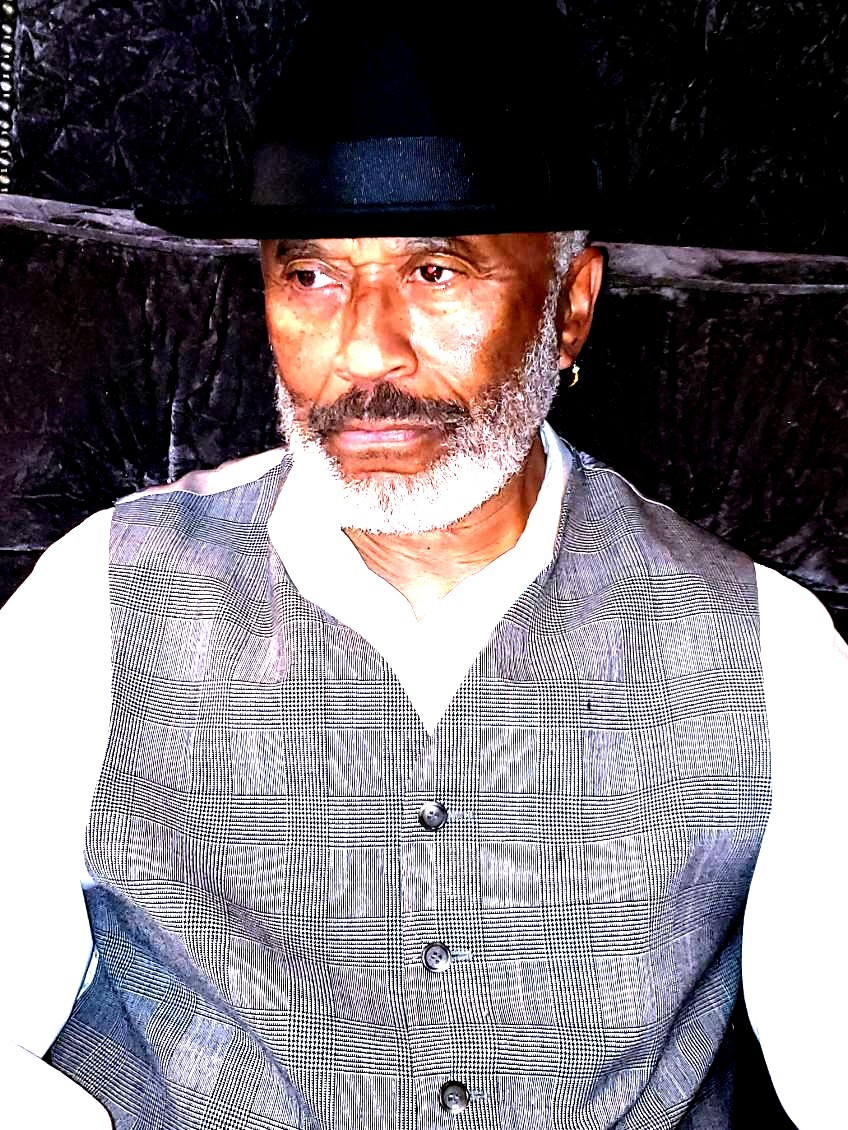Alright – so today we’ve got the honor of introducing you to Darryl Hines. We think you’ll enjoy our conversation, we’ve shared it below.
Darryl, appreciate you joining us today. If you could go back in time do you wish you had started your creative career sooner or later?
I often wish I had started my career as an artist much sooner, Life, however, got in the way and my own insecurity about making a living as an artist hindered my desire to take a leap of faith and pursue my passion. I have no real regrets though. I had a career as a lawyer that had its highs and lows, but I am proud of some of things I accomplished as a trial attorney and the successes that benefitted my clients. In many ways I felt I made a difference in the lives of my clients and in the community that I served for those many years.
The problem is that working as a lawyer gave me little time to express myself artistically and I didn’t create any art for more than thirty years. Now, as I value my time more than ever I am trying to play catch up and to create as much good art as I can, not only for my own gratification but as a legacy for my children and grandchildren.
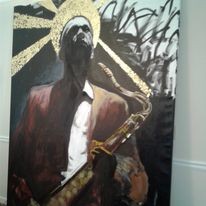
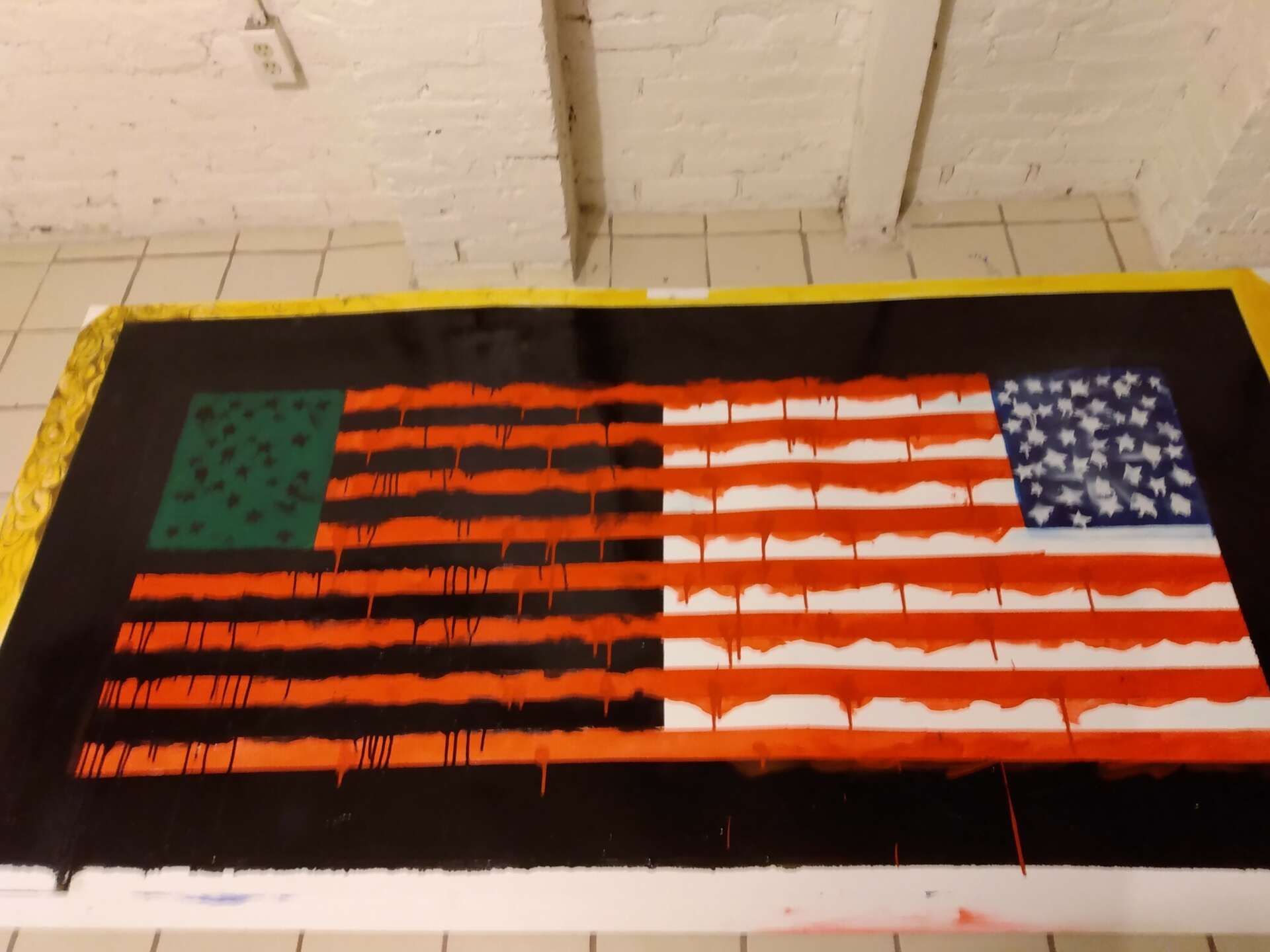
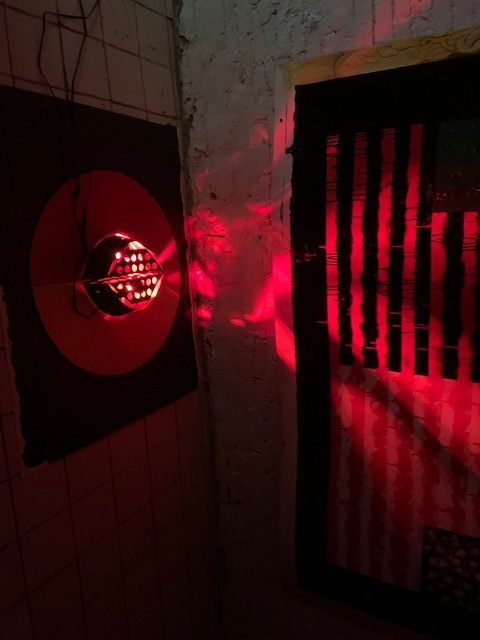
Awesome – so before we get into the rest of our questions, can you briefly introduce yourself to our readers.
I spent more than thirty years as a practicing attorney, but after my children grew up and finished college I was compelled to go back to my first love as an artist, Growing up my family assumed that I would pursue a career as an artist and my parents encouraged mem to do just that. Although for much of my youth, I believed a career as an artist was in my future, I lost my confidence when I spent a summer at The Chautauqua Institute as a fellow to study art there. What I saw was so many gifted and wonderful artists that I thought there was no way my work could measure up to what I saw all around me.
Returning to the arts, I now have the luxury to create and to do the things I love. That is the reason I returned to school at the age of seventy-one years old to earn a Master in Fine Arts from the Maryland Institute College of Art. I went to art school not to learn how to make art (I think that is innate and inherent in every creative being), but to learn how to be an artist. For me, lawyering was rigid and often lacked the ability to express myself as an individual. In other words, the law is the law and offers little room for self expression, especially when trying to take a novel approach in representing my clients. So for me, I had scrape away that legal veneer and to recontextulize my world view and to understand that as an artist there is no right or wrong way to go about especially in the mediums I choose to work with.
As a multi-media artist, I often work with found and unconventional materials to make my art. Although I think I’m fairly skilled as a painter, there are rules one has to follow, but working with the materials I often use I realize there are no rules and the potential for expression is without limitations.
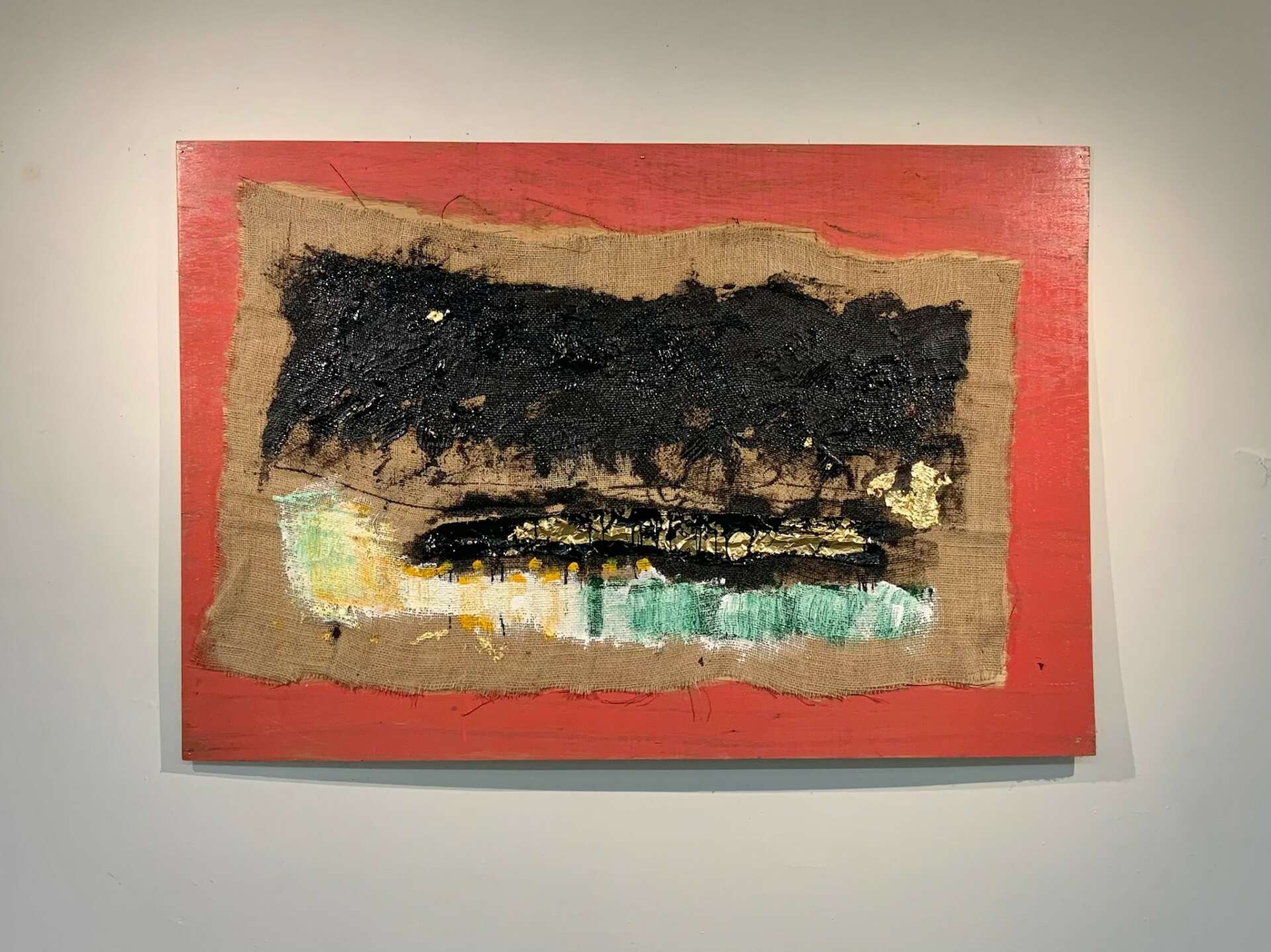
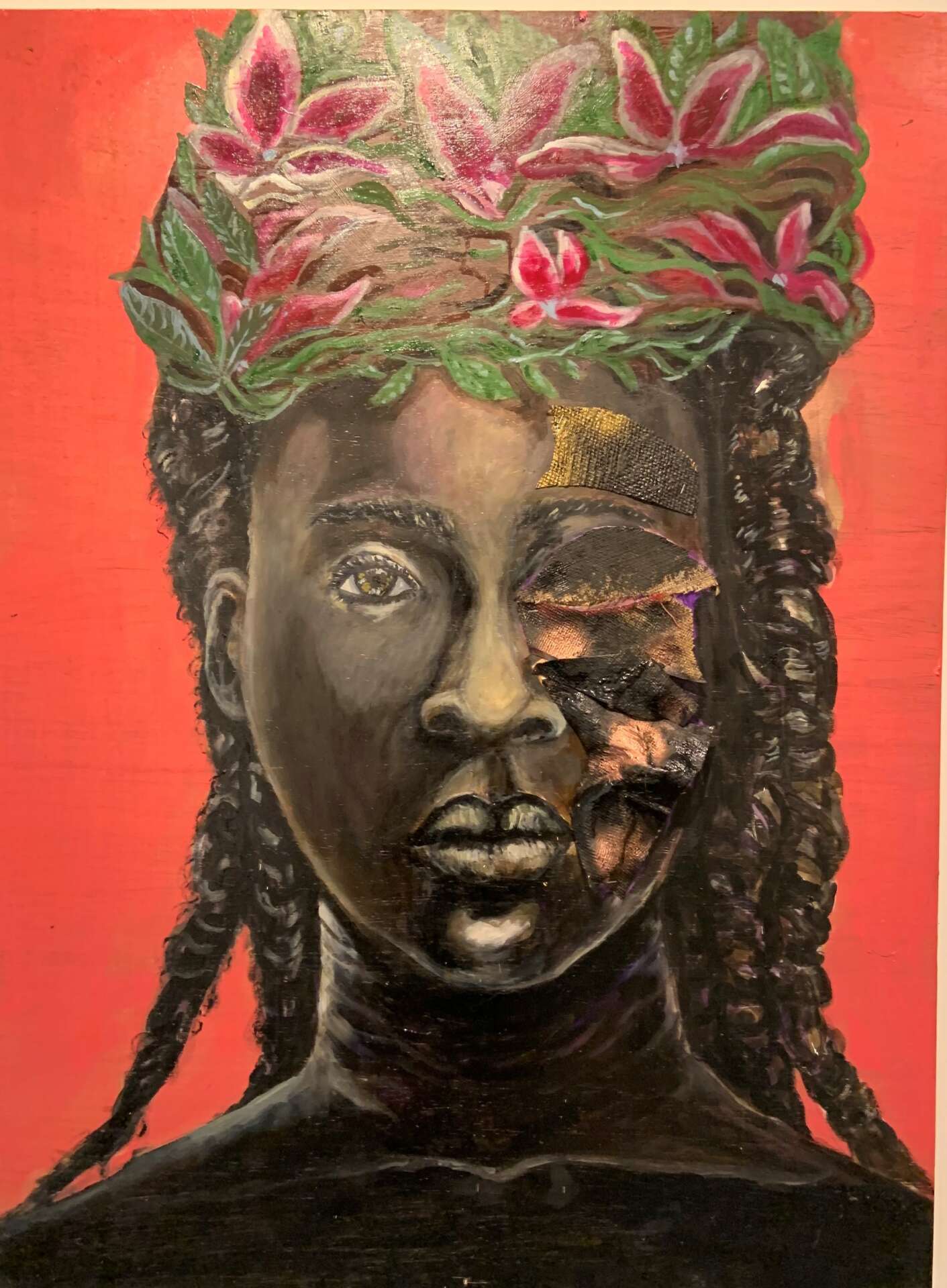
Is there a particular goal or mission driving your creative journey?
My goal or mission is to create a body of work that will be my legacy for my children and grandchildren and one that will endure long after I leave this earth and the physical realm of my existence. To that end, I have begun working on a project that reflects the rich history of my family, tracing back to when my first ancestors were kidnapped and brought here from the Gold Coast of west Africa. Unlike, many African Americans, who have no knowledge or historical reference to their ancestral links to slavery, my family has well documented the past and I intend to reflect that in my work. In some ways, my story will be provocative and personal but I also believe it will have global appeal was many people today struggle with a sense of self and where we come from.
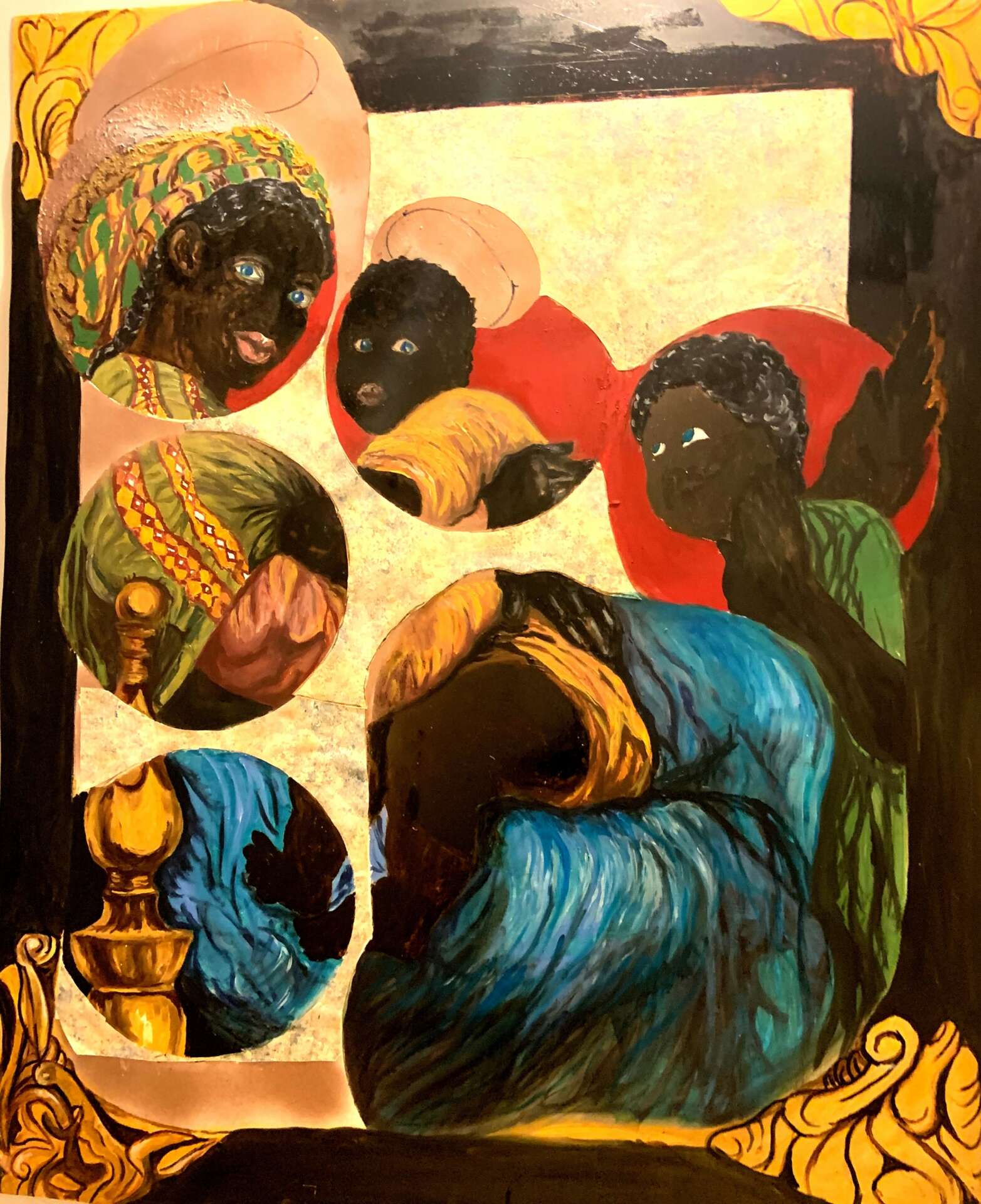
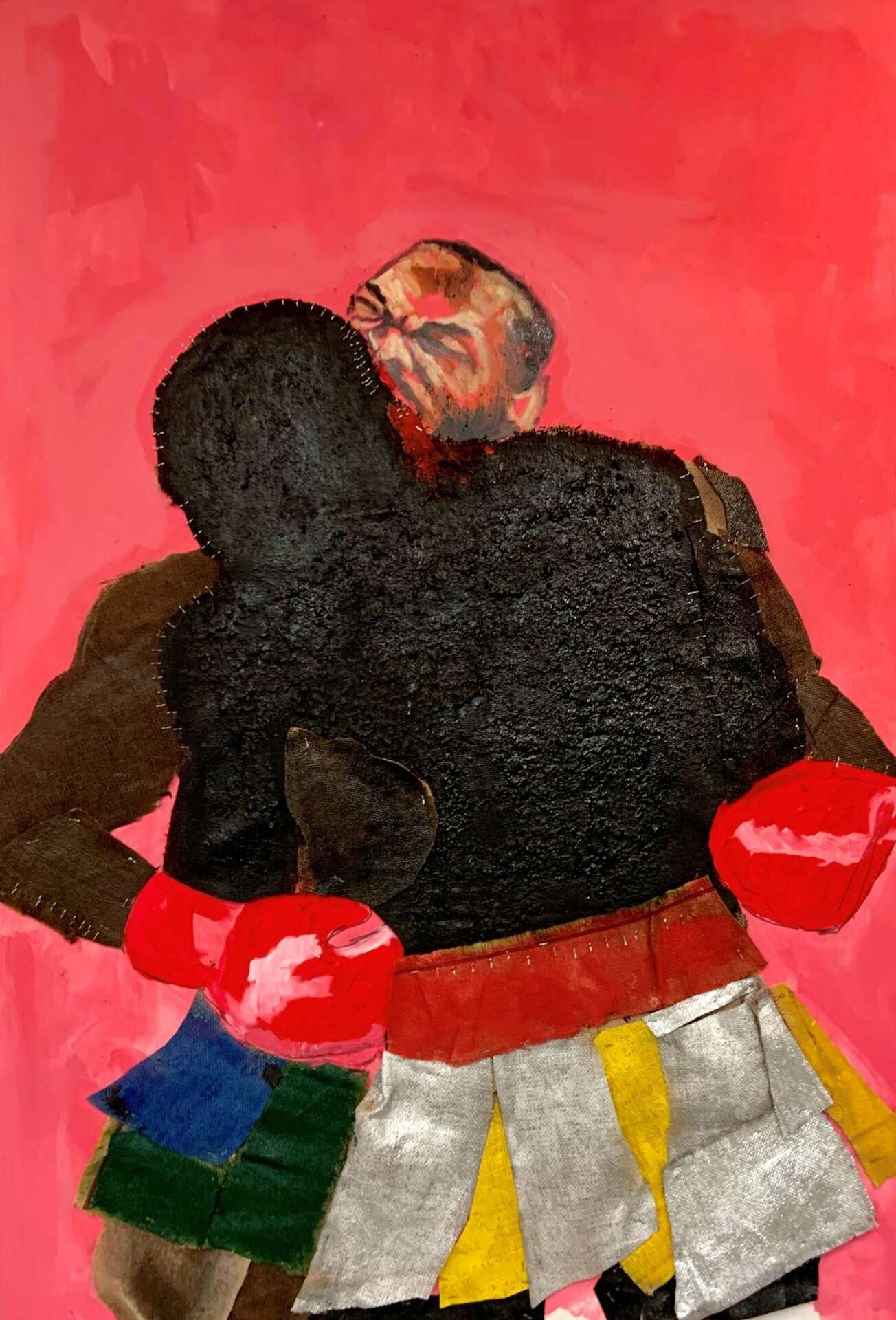
What do you find most rewarding about being a creative?
Losing myself in the creative process. Sometimes I am so engrossed in what I do that I forget to eat or sleep or I find myself spread out on my studio floor to catch a few winks and then back to creating. For me, the reward is in knowing that I can do whatever I want to do. There are no rules or limitations. Of course, I like to sell my art and I have some collectors and supporters who appreciate what I do but that’s not why I do it. I do it for the peace that I feel after I complete a work of art, which is something I rarely felt as a lawyer.


